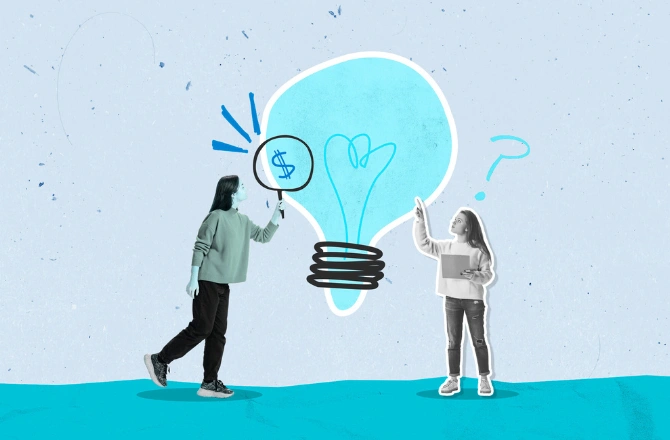Homepage » Offer » Personal Development » Coaching Skills
Are you looking to start a career as a coach? Or perhaps you need effective communication tools to motivate your team?
The Coaching Skills training is a process through which you gain knowledge, skills, professional tools, and communication techniques that enable you to conduct effective coaching sessions.
During the training, you also develop skills in following the client’s lead, helping them solve problems, and opening up possibilities.

This training is designed for:
Individuals who wish to start working as professional coaches.
Those who want to deepen and develop their own exceptional communication skills – both in professional and personal life.
Managers, leaders, and coaches who wish to implement even more effective changes in their organizations and teams.
Individuals seeking effective tools for better communication, emotion management, relationship building, and motivation based on deep linguistic structures.
As a certified coach, you are prepared to conduct effective coaching sessions.
You have a wide “range of tools” to implement change for the client.
You help solve a problem important to the client using their own methods.
You do not advise, judge, or suggest what the client should or should not do.
As a Coach, you help everyone gather their life’s achievements and choose what was best, most effective. To improve it, strengthen it, and translate it into their great future.
The training consists of twelve modules, each lasting three days. The entire process lasts twelve months, making the learning effective and providing time for practical implementation of acquired skills.
Unique approach – we place great emphasis on learning through experience, offering support at every stage of the educational process.
Classes are conducted in small groups of 10-12 people by trainers with many years of experience.
Practical exercises — our training primarily focuses on workshop-based work, allowing for immediate implementation of acquired knowledge into practice.
Participation in our project allows for optimal utilization of the tools and time received, as well as effectively realizing yourself as a professional and effective Coach.